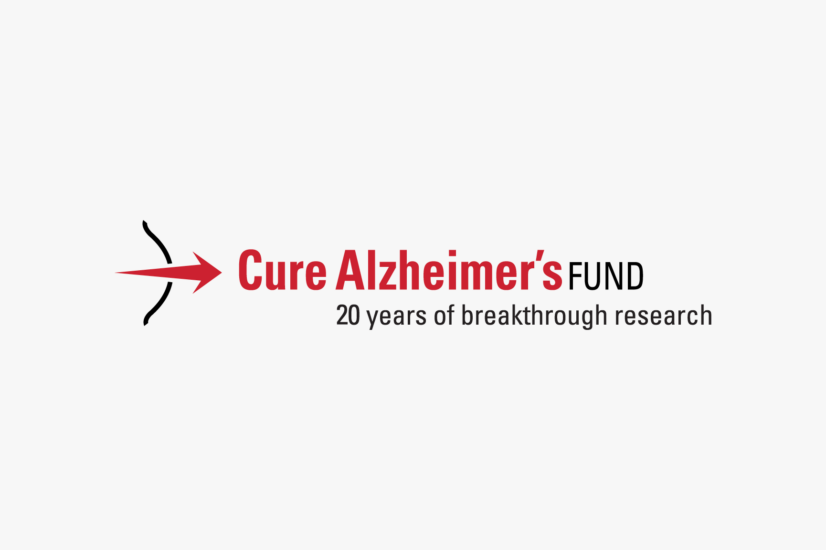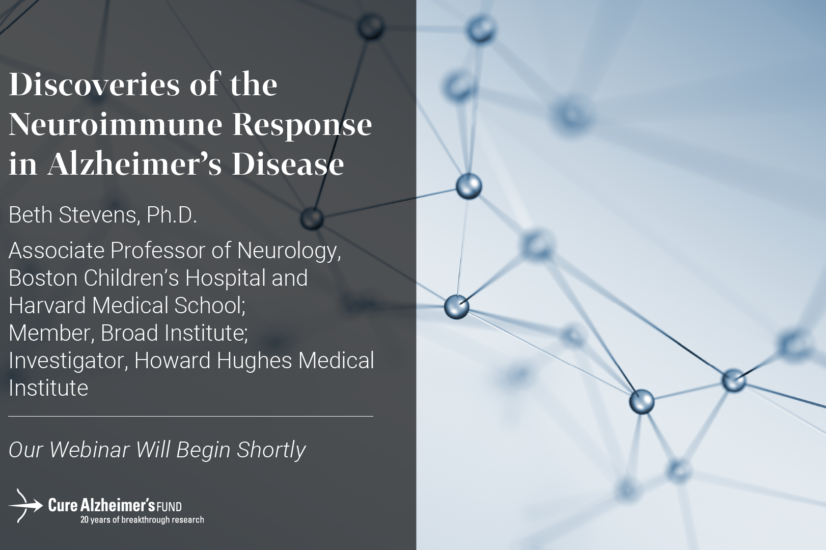Breakthrough research conducted by our very own Dr. Rudy Tanzi and his team at Massachusetts General Hospital has led to an important advancement in the understanding of the protein associated with Alzheimer’s disease.
The prevailing theory has been that this protein — A-beta — has no function other than as a waste product created by the brain. But Dr. Rudy Tanzi’s team at Harvard suggests that the protein is part of the brain’s innate immune system — defending against bacteria and other microbes.
The innate immune system is also triggered by traumatic brain injuries and strokes — occurrences known to increase one’s risk of Alzheimer’s. So what exactly is the relationship between the brain’s response to infection and Alzheimer’s disease? Dr. Tanzi and his team have more work to do, but the findings have researchers impressed.
“It changes our thinking about Alzheimer’s disease,” Dr. Eliezer Masiah, who heads the experimental neuropathology laboratory at University of California, San Diego. “I don’t think we ever thought about that possibility for A-beta. I think he’s onto something important.”
To read the complete article, visit www.nytimes.com.







